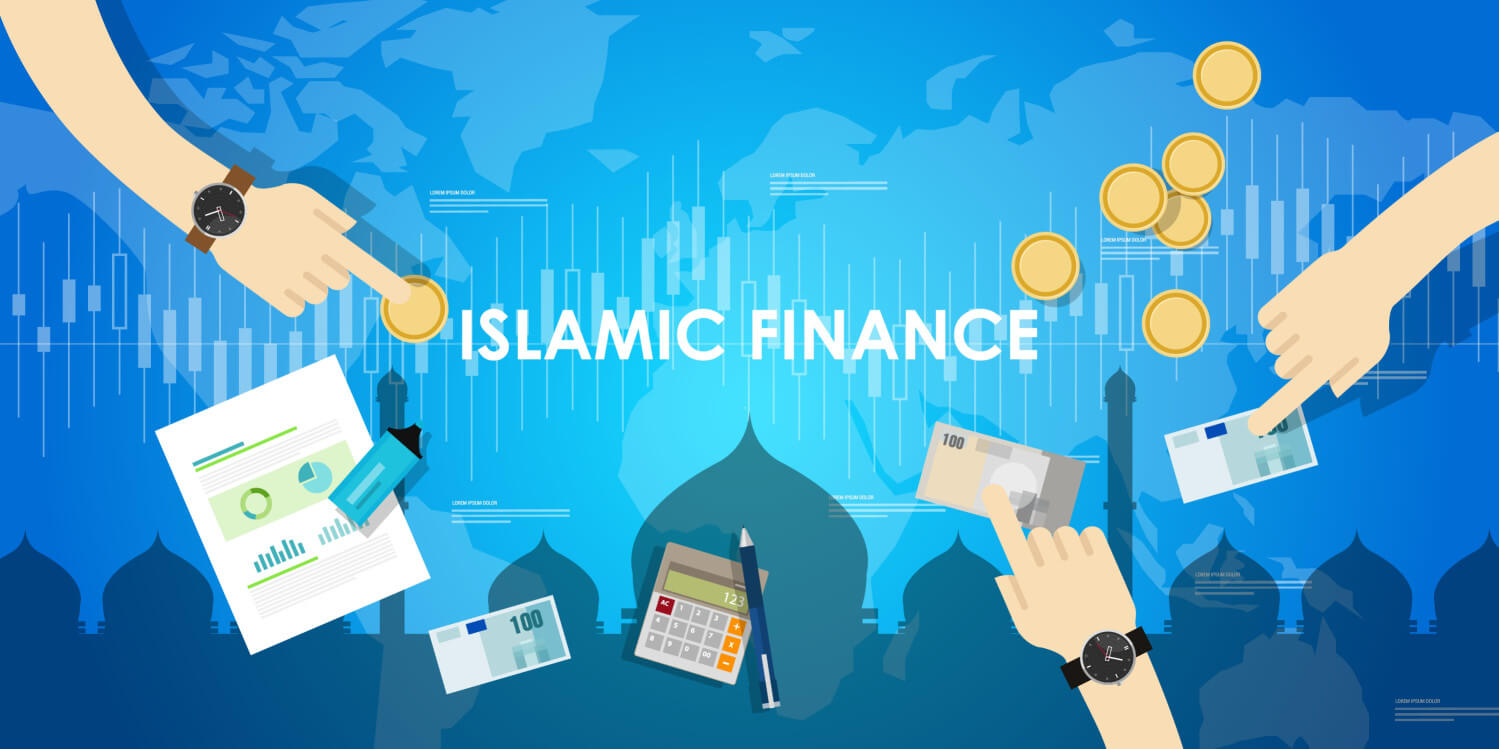SGIE Report 2023/24: Islamic finance on a tear
Islamic finance, as a sector, has continued to experience promising growth, underpinned by demand for Shariah-compliant products, partnerships, and innovative initiatives.
The sector has been on a tear last year, with a stream of investments, mergers and acquisitions (M&A), as well as market expansions and trade finance commitments.
According to the State of the Islamic Economy (SGIE) Report 2023/24, global Islamic assets were valued at $3.96 trillion during 2021/2022, increasing 17% increase from a $3.37 trillion valuation during the 2020/2021 period. The momentum is expected to continue, with global Islamic assets forecast to reach $5.94 trillion by 2025/26, growing at a CAGR of 9%.
In terms of transactions, 67 deals related to Islamic finance were recorded in 2022/23, 47 of which were disclosed and valued at $14.4 billion. This is a 559% increase from the $2.19 billion in Islamic finance-related deals recorded in 2021/22.
According to SGIE Report findings, national agendas helped set the tone, with initiatives to integrate Islamic finance principles within the broader ecosystem to strengthen the overall space.
Pakistan unveiled a five-year ambitious plan to carve out a riba-free economy, backed by judicial ruling. Türkiye launched the Istanbul Financial Centre and Islamic finance strategy, to bolster its aspirations in the sector, while Bangladesh aims to strengthen the country’s Islamic banking via a new short-term liquidity facility. Uganda’s central bank, meanwhile, issued its first-ever Islamic banking license to Salaam Bank Ltd., associated with Djibouti's Salaam African Bank.
One step down, several financial institutions, such as the International Islamic Trade Finance Corp. and Islamic Development Bank (IsDB), signed financing agreements with countries such as Uzbekistan, Bangladesh, and Senegal to promote trade, agricultural development, and energy security through Islamic financial instruments.
Sukuk issuance continued to spur the industry's expansion. IsDB Group member – ICD - facilitated the first local currency sukuk in Kazakhstan, while Pakistani fintech Abhi became the first Shariah-compliant fintech to issue sukuk in the MENA region and Pakistan.
From a structural perspective, Islamic finance is merging with global sustainability initiatives eco-projects. Financial entities as well as regulatory enhancements are catapulting the movement. Notable developments in this space include Tunisia’s signing of green-trade financing agreements and banks like Al-Rajhi, Dubai Islamic Bank, and Gatehouse launching sustainable sukuk to fund environmentally and socially beneficial projects.
What’s encouraging to note is that Islamic banking and financial services continue to gain ground in new markets beyond traditional centres, reflecting the sector’s wide-reaching appeal. Russia has ventured into Islamic banking, a strategic move given its substantial Muslim demographic of up to 25 million. Australia and Uganda, too, have licensed their first Islamic banks, while Mexico, the Philippines, and France are in talks to introduce Islamic financial instruments.
From a technological standpoint, Islamic finance is rapidly embedding cutting-edge technologies across products, ensuring offerings remain both innovative and Shariah-compliant. Initiatives such as Islamic banking’s digital transformation and the integration of virtual reality and metaverse, are creating inroads for the sector. Furthermore, fintech is playing an increasingly important role in driving innovation across Islamic finance. Examples include an automated sukuk issuance platform introduced in Saudi Arabia and Electronic Warehouse Receipt financing in Pakistan.
Nations outside the traditional Islamic finance hubs across the Organization of Islamic Cooperation (OIC) bloc are exploring the sector’s potential and benefits to cater to their Muslim population and diversify financial markets. Australia and Canada are looking to grow the Islamic finance sector, Russia is planning to introduce Islamic banking into its Muslim-majority regions, while Mexico explores the potential of issuing Islamic bonds. Zanzibar, too, takes a sustainable approach to its financial growth.
Lastly, the SGIE Report detailed several notable signals of opportunity manifesting across the sector, that hint at its growth, innovation and potential capitalization to drive impact, inclusion and development. These include market penetration in untapped region, genuine impact in sustainable finance and regulatory support for the sector, among others.
The State of the Global Islamic Economy Report 2023/24 produced by DinarStandard can be downloaded here.
